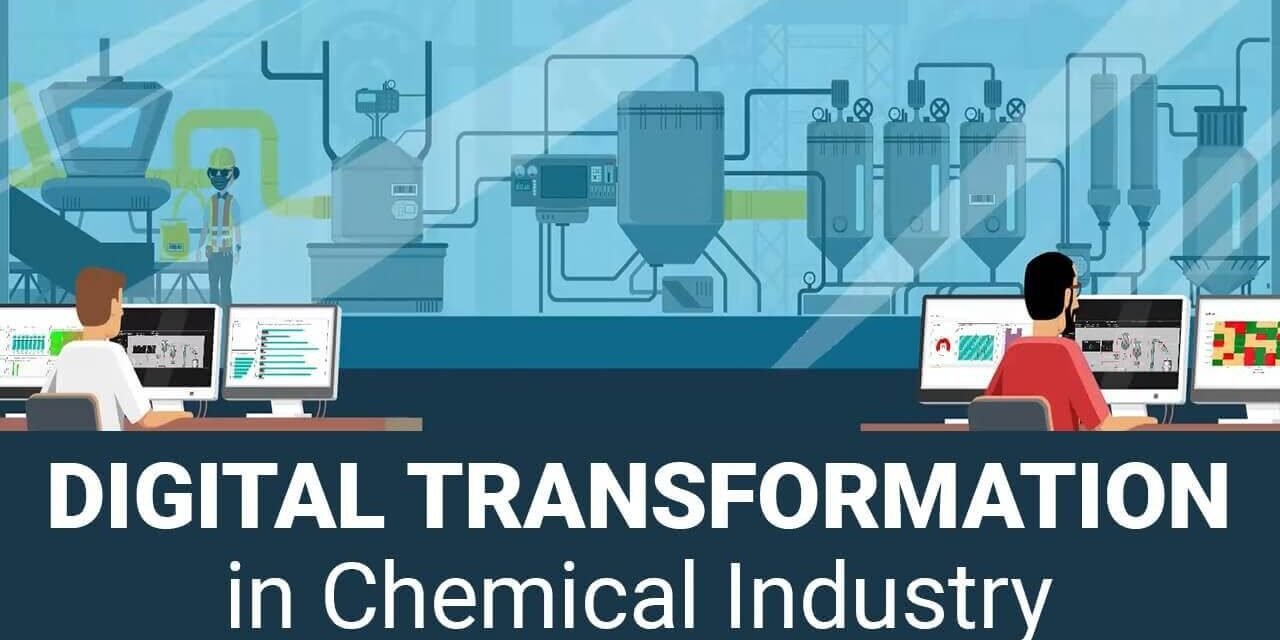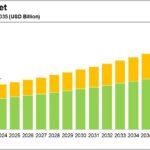The chemical sector is entering a new era of digital transformation, leveraging advanced technologies to streamline operations, drive innovation, and meet evolving market demands. As the industry adopts digital tools, the focus is shifting towards more integrated, data-driven approaches that enhance efficiency, sustainability, and customer-centricity.
1. Advanced Analytics and AI:
The next wave of digital transformation involves the widespread adoption of artificial intelligence (AI) and machine learning (ML). These technologies enable predictive maintenance, optimize production processes, and improve supply chain management by analyzing vast amounts of data in real time. AI-driven modeling is also enhancing R&D by accelerating the discovery of new compounds and materials.
2. Automation and Robotics:
Automation is redefining chemical manufacturing with the integration of robotics in hazardous or high-precision tasks. Smart factories, powered by IoT (Internet of Things) devices, are enabling real-time monitoring and control of production environments, reducing downtime and operational costs.
3. Digital Twins:
The use of digital twins—virtual replicas of physical systems—is gaining traction in the chemical sector. These tools allow companies to simulate production processes, test scenarios, and make informed decisions to enhance efficiency, safety, and scalability without disrupting real-world operations.
4. Blockchain for Supply Chain Transparency:
Blockchain technology is being explored to improve transparency and traceability in the chemical supply chain. This ensures ethical sourcing of raw materials, compliance with regulations, and enhanced collaboration across stakeholders.
5. Sustainable Manufacturing:
Digital transformation is driving sustainability in the chemical industry. AI and IoT are optimizing energy consumption, reducing waste, and enabling the shift to circular economy practices. Advanced analytics are also helping companies measure and minimize their carbon footprints.
6. Customer-Centric Solutions:
Digital platforms are enabling chemical companies to offer more personalized and value-added services. E-commerce platforms, real-time inventory updates, and customer portals are transforming how businesses interact with their clients.
7. Workforce Upskilling:
As automation and AI become central to operations, there is a growing need for workforce upskilling. Digital tools are being integrated into training programs to prepare employees for new roles that require advanced technological expertise.
The future of digital transformation in the chemical sector lies in the integration of these technologies into a cohesive strategy that balances operational efficiency, innovation, and sustainability. Companies that successfully navigate this shift will not only enhance their competitiveness but also play a critical role in addressing global challenges such as climate change and resource scarcity.

















